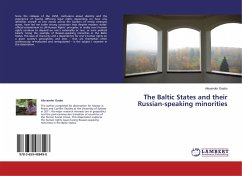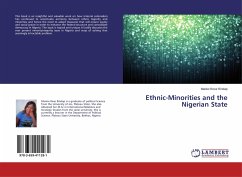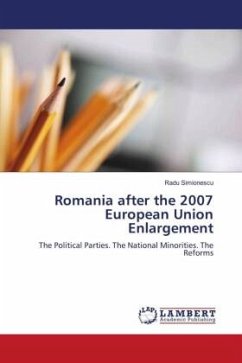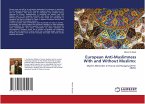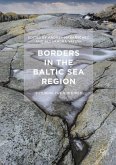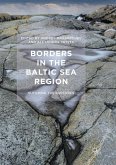Since the collapse of the USSR, confusions about identity and the experience of having differing legal rights depending on how one identifies oneself as one moves across the borders of newly emerged states, have led me tothe strong conviction that despite modern states' official commitment to UN Human Rights' principles, in reality one's human rights continue to depend on one's nationality or race, or even political beliefs. Using the example of Russian-speaking minorities in the Baltic States, this issue of insecurity and a dependence for one's human rights on a given society's perceptions and laws - that are themselves often continuously re-evaluated and renegotiated - is the subject I examine in this dissertation.
Bitte wählen Sie Ihr Anliegen aus.
Rechnungen
Retourenschein anfordern
Bestellstatus
Storno

